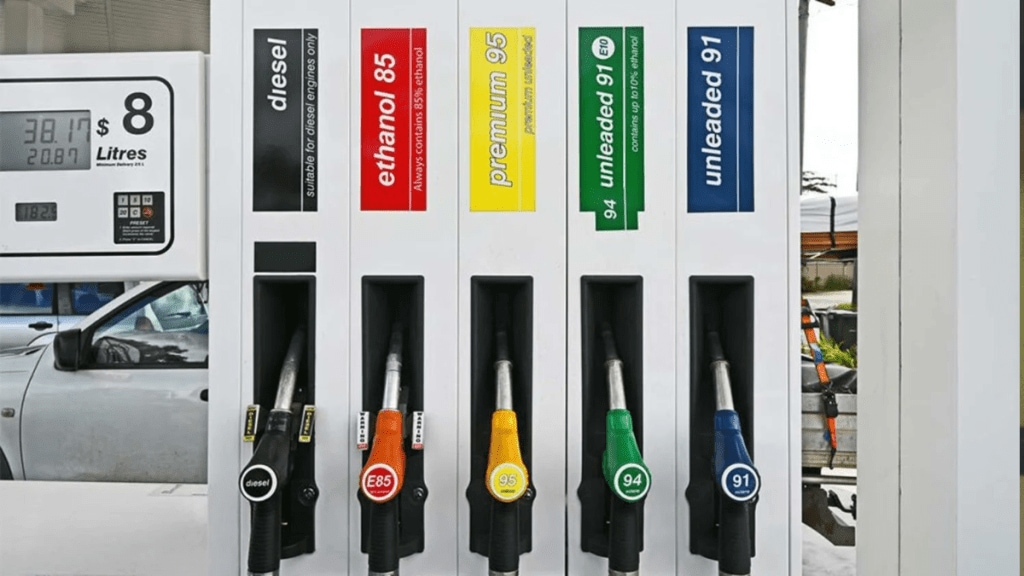Ahead of a Supreme Court hearing on a public interest litigation (PIL) challenging the nationwide rollout of E20 petrol, government testing agencies and auto industry bodies have come out in support of the ethanol-blending programme, dismissing concerns that it damages vehicles or infringes consumer rights.
Both industry representatives and testing agencies urged the public not to rely on social media claims, noting that neither OEMs nor regulators had received any formal complaints. They stressed the importance of “scientific studies” — though the testing agency currently lacks a formal mechanism to record such complaints.
At a press briefing on Saturday, the Automotive Research Association of India (ARAI) and the Society of Indian Automobile Manufacturers (SIAM) asserted that there is no evidence of vehicle breakdowns linked to E20. “Legacy vehicles already running on E20 fuel have not reported any complaints,” the industry bodies said.SIAM executive director Prashant K Banerjee said, “Millions of vehicles are running and plying E20 for quite some time now, not a single vehicle breakdown has been reported.”
ARAI director Reji Mathai underscored the need to rely on “standardised and scientific studies, not hearsay or social media chatter”. He said ARAI had conducted studies on ethanol blends in 2010, 2016, and 2021, which formed the basis for the government’s adoption of E20. However, the full reports have not been released publicly due to OEM-specific data. “We will examine if parts of the study can be shared,” Mathai noted.
Dispelling myths about E20’s impact
Industry experts have repeatedly questioned the decision not to publish the findings, warning that summaries could be selectively interpreted. On consumer concerns around fuel economy, Banerjee clarified that the drop in efficiency with E20 is “typically between 2% and 4%, depending on driving habits, maintenance, and other factors”.On concerns from customers about potential warranty violations due to the use of E20 fuel in non-compliant vehicles, Banerjee said, “OEMs will honour warranty for vehicles up to E20 without any ifs and buts.”
Economic gains and future challenges
However, when asked about higher ethanol blends such as E27 or beyond, he did not provide a clear answer, stating that such fuels have not yet been rolled out — leaving customer concerns unaddressed. Consumers have also raised issues about older, non-compliant vehicles and the lack of lower-ethanol petrol options at fuel stations. Responding, PS Ravi, director (downstream) at the Federation of Indian Petroleum Industry (FIPI), argued that reverting to lower blends would “undo the gains” of the programme.
Highlighting the economic impact, Ravi said that since 2014–15 the ethanol blending initiative has saved India ₹1.44 lakh crore in foreign exchange. For 2025 alone, savings are projected at ₹43,000 crore. Farmers have also benefited, with payments worth ₹1.25 lakh crore disbursed so far. Ethanol procurement of 1,100–1,200 crore litres this year is expected to fetch farmers around ₹85,000 crore, he added.
The PIL — scheduled for hearing on September 1 before a bench led by Chief Justice of India BR Gavai, along with Justices K Vinod Chandran and NV Anjaria — argues that the mandatory rollout of E20 denies motorists choice, reduces fuel efficiency, and risks damaging vehicles not designed for the blend. t also calls for petrol pumps to provide E0 (zero ethanol) fuel as an alternative and to mandate clear labelling of ethanol content at retail outlets.

